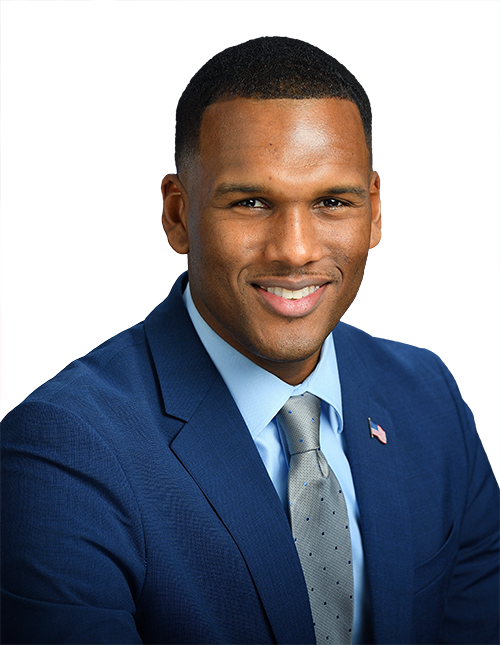Statement from Assemblyman Charles D. Fall on the Executive Veto of His Legislation that Would Bring Healthcare Accountability to Residents in Need
Earlier this year, my colleagues in the New York State Legislature sent a strong message with an overwhelming bipartisan vote - Assembly 142-0 and Senate 60-0 - in support of billA.10470-A/S.8719, a bill I introduced to ensure that urgent care facilities on Staten Island provide at least a 30- days’ notice to the public before closing. The bill also directed the commissioner of health to conduct a study on the delivery of ambulatory care on Staten Island. In April, during the height of the pandemic, a local urgent care facility in my district closed without notice to the public and few alternatives for residents who utilize the facility, only to shift resources to zip codes outside of Staten Island.
Unfortunately, this veto from the Executive branch sends a message to all urgent care facilities that they can close their doors during a public health crisis without consideration from the community which they provide services. To Staten Islanders, urgent care facilities have served as an accessible means of health care during this pandemic – whether it be for receiving COVID-19 testing or immediate medical attention. As a borough with no public hospitals, and two private hospitals that serve nearly half a million residents, the Executive branch is neglecting to take into consideration the need to hold our private health care providers accountable during this pandemic.
In 2017, the New York State Department of Health conducted a study, titled Health Care Delivery Models in New York State, which included information on the operational components of urgent care facilities but does not highlight how these facilities operate during a pandemic. Although the State has taken the initiative in the past to have a holistic understanding of the services provided by urgent care facilities, our State must also understand the necessity of services provided by these facilities during a health care crisis, such as COVID-19, and the need for open lines of communication between these facilities and the community.
Additionally, the growing reports on the health disparities within black and brown communities, like the North Shore of Staten Island, which have been further heightened by COVID-19, indicate that more research is needed to explore opportunities for improving health care and reducing health care disparities.
Regardless of the Executive veto, I will continue to work with the Senate sponsor, Senator Diane Savino, and my colleagues to advocate for this bill in the upcoming 2021 Legislative Session. People in need of accessible care deserve answers, especially during a heightened pandemic, said Assemblyman Charles D. Fall.
